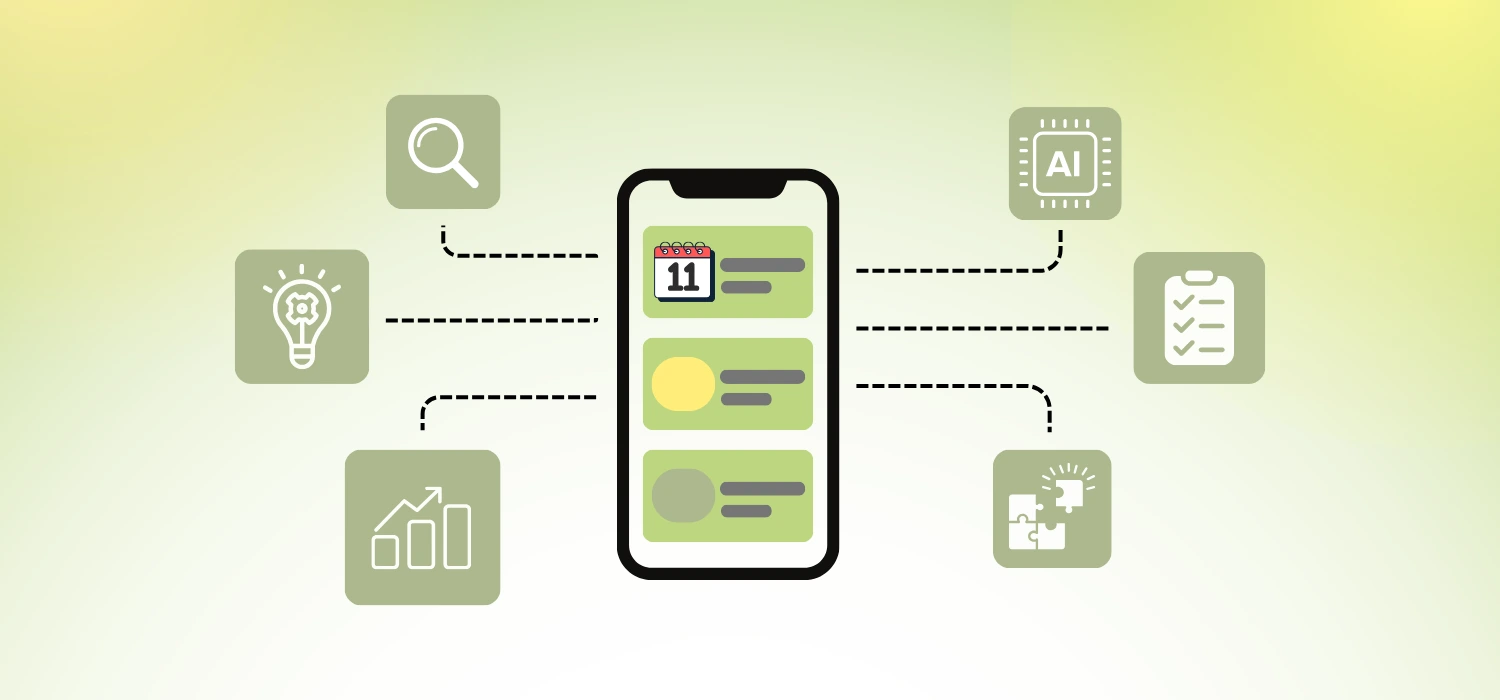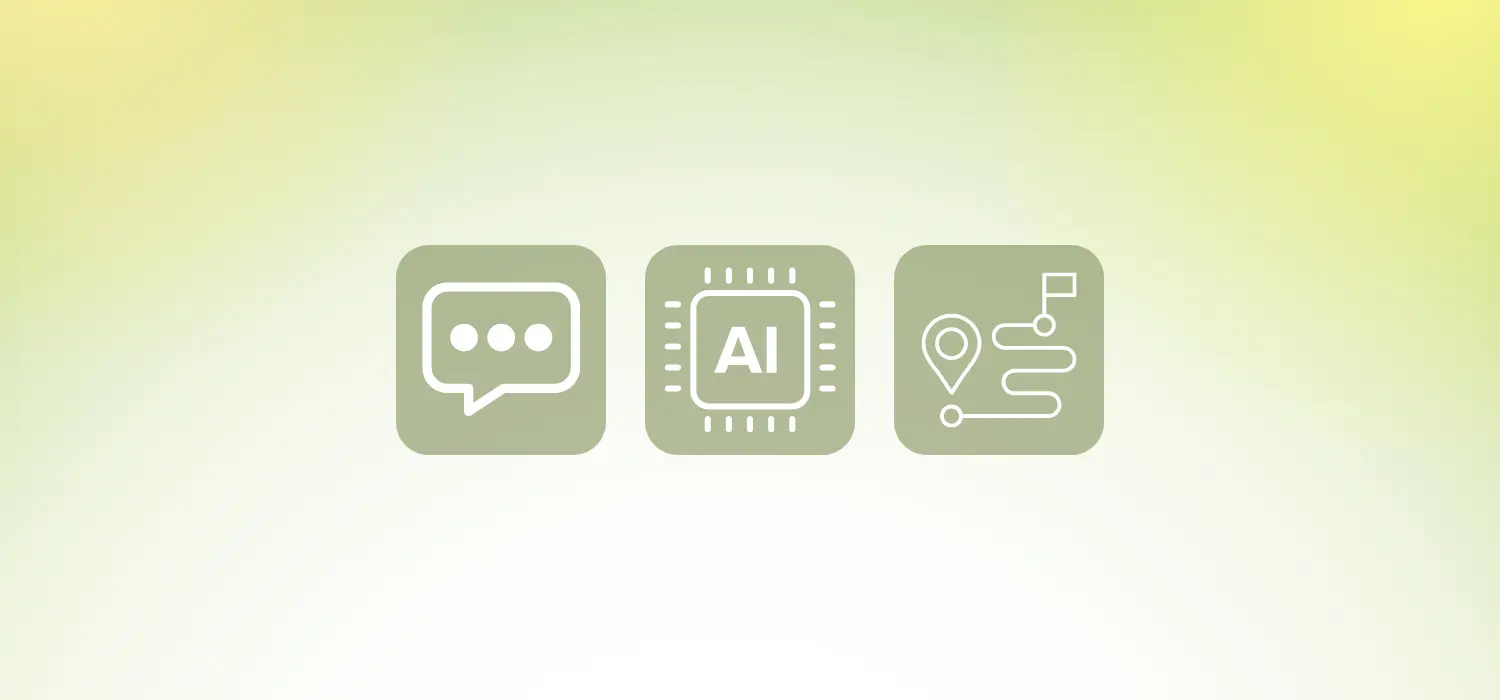Join our newsletter for the inside scoop on Jublia and the events industry


Planning for large-scale events is no easy feat, especially when having to consider the holistic event journey from pre-event to post-event strategies and activities. But orchestrating events isn’t just about focusing on what your own goals are, but it also includes focusing on your attendees. Therefore, getting into the mind of your event attendees and understanding how their experience plays a role in your event planning process is key to carrying out engaging and memorable events for all those involved. This is where attendee experience mapping comes in.
Attendee experience mapping is a critical process for creating successful and engaging events of all kinds. It involves visualizing the attendee journey, from the moment they learn about the event to the moment they leave. Proper planning with attendee experience in mind can lead to improved attendee satisfaction and help to increase attendance. Additionally, attendees who have had a positive experience are more likely to return to future events.
When planning for your events, your role is not just as an event organizer or event planner but also as an experience designer. Taking the time to visualize your attendees’ journey allows you to understand your attendees’ entire event experience, identifying potential pain points or pitfalls that can occur.
For example, you can anticipate and address any challenges that attendees may face during the event, such as difficulty finding the registration desk or a session hall. You can then decide to post more signs on-site, have staff members on hand to help direct them, send information in emails before the event, or provide an interactive map to show the way.
Questions to ask yourself when planning around attendee experience:
Your attendees’ event experience starts from the moment they are aware of your event to the moment they leave. Some stages may resonate or can have more impact than others, depending on your target audience. This is where creating and anticipating your attendee personas comes into play.

If you create persona profiles that reflect the needs and motivations of your real-world attendees, you can use those personas to analyze their journey throughout your event and identify areas for improvement. By understanding your attendees' needs, you can create a more enjoyable and engaging experience for them.
Empathy (to put yourself in someone else's shoes and see things from their perspective), is a key ability to have when it comes to understanding the attendee experience. By being empathetic and attentive to your attendees' needs and motivations, you can create events that are more likely to be enjoyable and engaging for them.
Event planners can leverage psychological principles to improve the attendee experience. For example, Self-Determination Theory (SDT) suggests that people are motivated by three basic needs: autonomy, competence, and relatedness.
Autonomy: the need to feel in control of one's own life and to make one's own choices.
Competence: the need to feel capable of mastering challenges and achieving goals.
Relatedness: the need to feel connected to others and to belong to a community.
SDT suggests that event attendees are more likely to have a positive experience if the event provides opportunities to meet these basic needs. For example, attendees are more likely to feel autonomous if they have choices about what sessions to attend and what activities to participate in. They are more likely to feel competent if they have opportunities to learn and grow, and if they are given recognition for their contributions. And they are more likely to feel connected if they have opportunities to interact with other attendees and to build relationships. Ensure that you are able to meet these needs when planning your event, and map out the touchpoints in which you can do so.
According to a 2022 Knowland survey, 68.7% of event professionals agree that using technology to improve the attendee experience is a trend with staying power. Event technology is a powerful tool that can help event planners create more engaging, personalized, and successful events and can be used to improve the attendee experience in a number of ways, including:
Improved engagement: Event technology can help attendees engage with the event and each other more effectively. Event apps can provide attendees with real-time information about their event schedule, available content and sessions, and facilitate networking and communication among attendees.
Personalized experience: The use of event technology can help to create a more personalized experience for each attendee, which can lead to a more positive experience overall. For instance, attendees can use event apps to create their own personalized agendas and receive notifications about relevant events and sessions all in the palm of their hand. This gives attendees autonomy and control over their own experience, which is one of the basic needs identified by SDT, as previously mentioned. By meeting the basic needs of attendees, event technology can help to create a more positive and engaging experience for everyone involved.
Data-driven insights: Event data can be used to improve the attendee experience and address business goals. For example, event planners can use data to identify popular sessions and speakers, and to track attendee engagement over time. By tracking specific events and event engagement metrics, event organizers can improve their event performance and evaluate the impact on ROI.
Overall, event technology is a valuable tool that can help event planners create more successful events that meet the needs of both attendees and organizers. Using technology to track attendee engagement can help you understand their experience and create events that appeal to both their goals and yours.
For you to successfully organize and carry out an engaging event, do not forget to put attendee experience at the forefront of your event planning. The impact of your event attendees' experience trickles down to not just your own event goals, but the goals of all stakeholders involved.
Event planners and organizers can use event technology to create more engaging and memorable experiences for attendees. Jublia's Engagement Hub is a digital solution that can help event planners achieve their event goals by facilitating attendee engagement, helping you keep track of the necessary metrics in order for you to gain data-driven insights for current and future events. Talk to our Solution Specialists at info@jublia.com to learn more and follow us on LinkedIn to get the latest updates!
 From AI-Powered to AI-Native: Why Event Platforms Need to Learn
From AI-Powered to AI-Native: Why Event Platforms Need to LearnWhy “AI-powered” isn’t enough – and how AI-Native platforms actually change how events run
 From Tools to Intelligence: Why 2026 Will Redefine the Event Tech Playbook
From Tools to Intelligence: Why 2026 Will Redefine the Event Tech PlaybookInsights from Jublia’s founders on what it takes to build AI-native events in 2026
 Building Sustainable Connections at Hong Kong’s Flagship Event for Sustainable Business
Building Sustainable Connections at Hong Kong’s Flagship Event for Sustainable Business A Case Study on ReThink HK 2025


